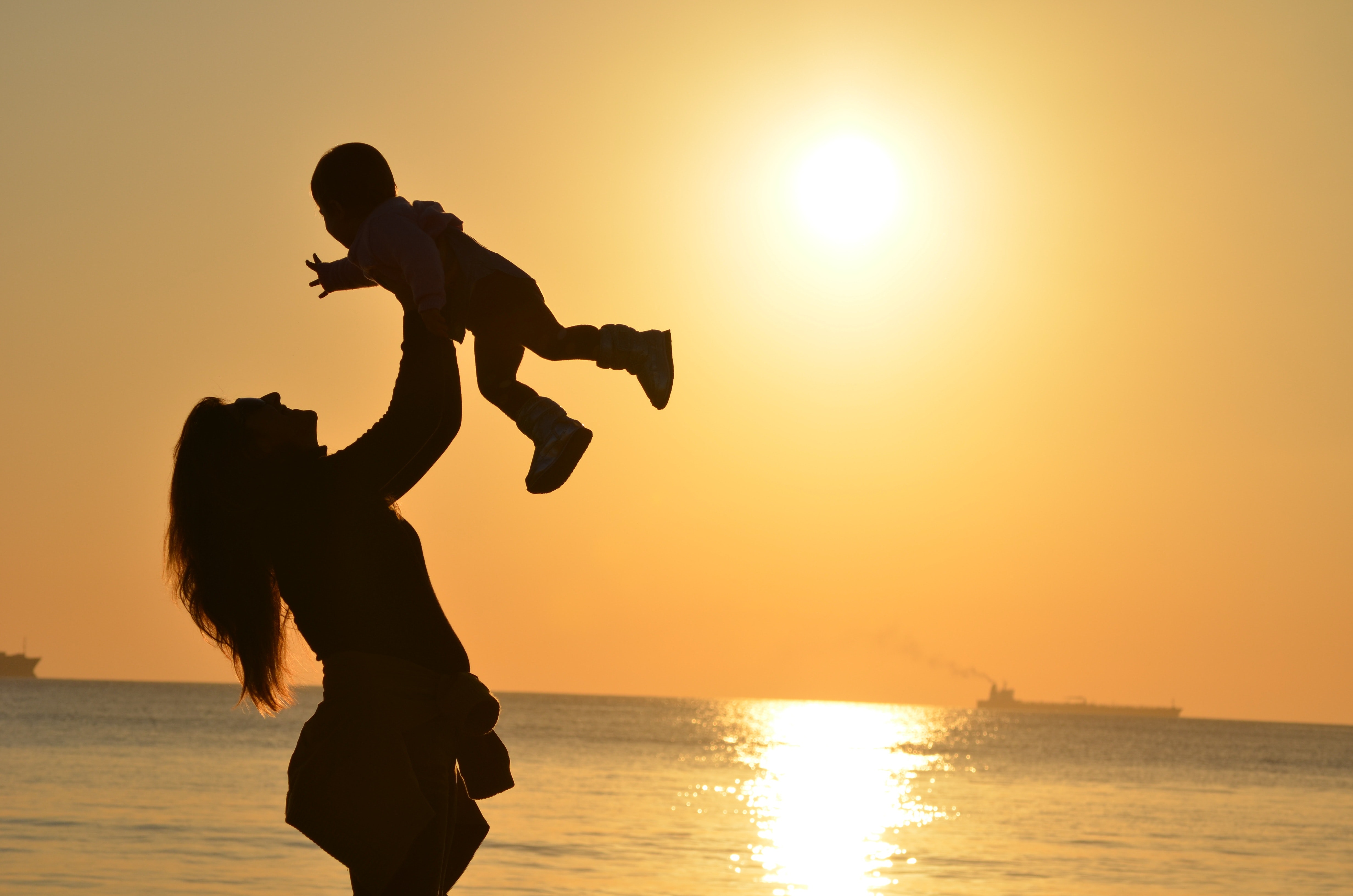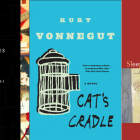Knocking Off Mom (or: How I Learned to Stop Worrying and Love G-Rated Murder)

I first noticed it when my daughter was three years old, but I kept my mouth shut. Who was I to spoil her enjoyment of classic children’s movies? Maybe I was imagining the trend.
Still, once I’d started seeing it, I saw it everywhere…right there in front of me, in movie after heartwarming children’s movie. I saw it in Finding Nemo and Ratatouille. I saw it in Aladdin, The Fox and the Hound, Pocahontas, Atlantis: the Lost Empire, Beauty and the Beast, A Little Princess, Snow White. New movies, classic movies, it didn’t matter. It seemed to be everywhere.
And then one day my three-year-old turned to me and named it: “Mom, why does the mother always die in movies?”
Why, indeed.
The more I thought about it, the more I noticed that an alarming number of the children’s movies I saw seemed to obey an unstated imperative: knock off mom. Approaches might vary, but the basic theme didn’t. Nemo’s mother catches it in scene one, eaten by a barracuda. Bambi’s mother goes down to a hunter’s bullets mid-film. The bullets that are going to take out Babar’s mom are loaded into the chamber at twelve minutes and thirty seconds, beginning a sequence of prolonged menace, shooting, slow-motion tumbling, and baby-elephant grieving, culminating in Babar’s collapse-in-dead-mom’s-embrace at 15:20. (If I were cynical I’d call this one ‘the classic’: the close up of young protagonist with glistening eyes, slowly arriving at the realization that he will from now on and forever be an orphan.) Some films, naturally, are more understated in their handling of mom’s demise: The Little Mermaid simply avoids mentioning the young protagonist’s (dead) mer-mom, killing her off neatly before the opening curtain. Princess Jasmine’s mother likewise kicks it before the start of the action in Aladdin, as do the mothers in Chitty Chitty Bang Bang, Cinderella, Rumpelstiltskin, and even– though it breaks my heart to point this out– in the beloved Harry Potter series (there both parents die, but it’s his mother’s death that makes him holy). I’ll stop there, though I could go on.
Somehow we seem to have accepted this as a significant part of our on-screen storytelling tradition. Of course, plenty of children’s books also feature motherless children (To Kill a Mockingbird, Member of the Wedding, the Nancy Drew series…). Feeling like a motherless child, a long way from home, is an important theme in children’s literature—in all literature. But the children’s-movie business seems to specialize in cherry-picking these books to adapt to film…or else basing its own original tales on the premise that mom has kicked / is in the process of kicking / will imminently kick the bucket. Even when Disney’s writers adapted Hans Christian Andersen’s original story, “The Little Mermaid”, to modern times, scouring away Andersen’s tragic ending (the mermaid’s failure and death) to create a far happier tale (triumphant Ariel keeps the guy, the voice, and the legs), they still took a pass on coming up with a role for a living, breathing mother. Disney has evolved, true—they’re now progressive enough to give their heroines varying shades of hair and skin color. They’re not so eager, though, to give mom a pulse.
I get it. I’m a storyteller, too…and we storytellers know that conflict begets drama. If you take a situation in which a character sets him/her/itself against an impossible challenge and emerges victorious…and if that character obtains new wisdom, skills, and at least one adorable sidekick…and if you translate it onto the big screen…you just might end up with an eye-wateringly profitable film.
Still–why does adventure necessarily require knocking off mom?
I’m guessing the logic driving this must feel so intuitive to film writers that they don’t need to articulate it. If they did, though, I imagine the reasoning might go a little something like this: Mothers are safety belts, emergency brakes, parachutes. Mothers bring an extra sweater, and make sure that containers marked COMPRESSED PLUTONIUM, DO NOT EAT are kept out of reach of the baby. Mothers, in short, are the anti-adventure. How can a child (fish/mermaid/alien) possibly prove him(her/it)self through adventure if mom isn’t dead? Adventure is what happens when mom’s out of the picture, and the child/alien/robot sets off on a quest…preferably against the wishes of an over-controlling father/mer-king/clownfish! Adventure concludes when that quest is, against all odds, accomplished…and reconciliation between child and father is achieved amid towering music and the father’s tearful realization that he really ought to spend more time with his kid.
The exceptions to this formula are breathtakingly rare. I have searched and searched for a movie in which mom not only lives, but gets to be part of the adventure. (I was so happy to find Elastigirl, the reluctant-superhero mother in Pixar’s The Incredibles, that I let my kids watch it approximately one billion times.)
We talk about the epidemic of violence against women in movies and entertainment made for adults. But I’ve got to wonder if we’re all, right here in plain sight, raising kids on the pediatric version of the same. Because if that’s not our intent…well, someone dropping in from another planet just might get the wrong impression. Someone dropping in from another planet just might mistakenly think we’re training kids for a lifetime of watching women be threatened, assaulted, and murdered on screen.
But hey—kids are resilient! And if it makes me sad that I can hardly find a living mother on the big screen, I need to get a grip on myself and remember Astrid Lindgren’s swashbuckling Pippi Longstocking (adapted for the screen more than half a dozen times).
“Pippi was sure that her mother was now up in Heaven, watching her little girl through a peephole in the sky, and Pippi often waved up at her and called, ‘Don’t you worry about me. I’ll always come out on top.’”
What a relief. I guess kids can just shake this stuff off. Thank goodness children’s views of the world won’t be swayed by a steady diet of cinematic matricide. Thank goodness three-year-olds intuitively understand that all that mom-murder isn’t…you know…personal. Healthy kids, after all, simply buck up and get on with their adventures, untroubled. Like Pippi: a kid just like them, except that she can lift cars.
This is the first in a series of posts on children’s literature, film, and the link between them. Next week’s post will feature a conversation with Randy Testa, Vice President of Education and Professional Development at Walden Media, whose job includes working to ensure that the films Walden adapts from children’s literature (“The Lion, the Witch, and the Wardrobe”, “Bridge to Terabithia”, “Because of Winn Dixie”) remain true to the spirits of the original books.



